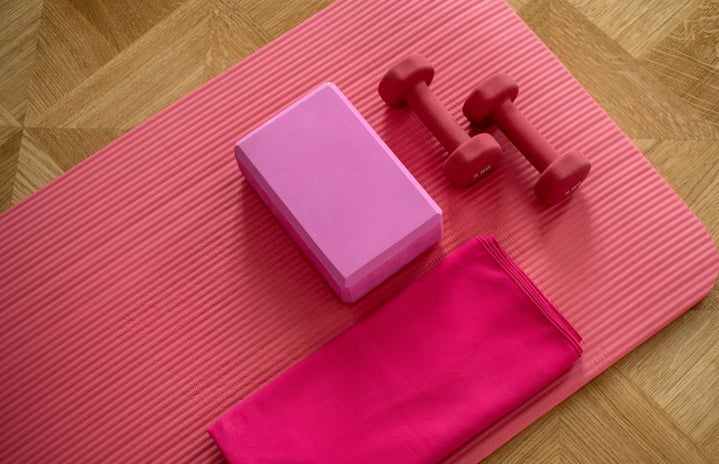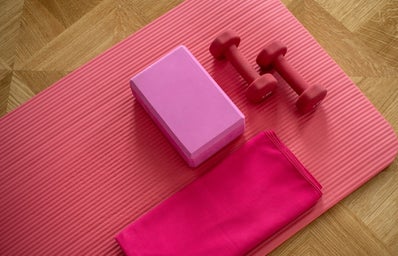Is it better to exercise in the morning or at night? How frequently should a person be exercising each week? What amount of time is the perfect duration to exercise for? For the first few weeks of the semester, my search history was filled with these types of questions. In transitioning from the seemingly endless drone of summer into the fast-paced, dizzyingly busy days of college, I was no longer able to maintain my former exercise schedule. In the summer, there was no need for me to concern myself with how long and how often and when I should be exercising; there was not much on my schedule, and I could work out essentially whenever I wanted. However, with my days occupied with classes, studying, and other activities, I no longer had that luxury. I looked into various articles in hopes of creating a strict but consistent schedule that I could stick to throughout the semester.
After a period of research, I implemented the first rendition of my new exercise schedule. Many of the articles I read promoted exercising in the morning, as it would yield benefits such as improved sleep quality, an increased metabolism, and increased physical activity levels throughout the rest of the day. Seeing this, I decided on a plan that would allow me to exercise every Monday, Wednesday, and Friday morning, as well as Saturday and Sunday mornings if I missed any of these days. This plan fell apart quickly. As someone who prefers to sleep late, it was almost impossible to drag myself awake so early in the morning without feeling terrible not only during my workout, but also for the rest of the day. Instead of increasing my physical activity levels, I found myself too tired to exercise, too tired to focus in class, too tired for anything.
Realizing that I could not maintain this type of exercise schedule, I decided to create a new one again. Considering how exhausting my last plan made me feel, I decided to switch my regimen to accommodate afternoon workouts. According to my research, the afternoon is typically when the body is at its peak state of physical performance, and also when a person’s body temperature is at its warmest, both of which are factors that make exercise easier to get into. The plan was for me to head straight to the gym either after my classes for the day ended, or during the two hours in between my last and second to last classes. As the academic buildings in which my classes took place were nearer to the gym than my dorm, I could also save travel time. While it was easier for me to accomplish my fitness goals with these plans, I found myself unmotivated to exercise. After a long day of classes, what I really wanted to do was to relax and unwind for a bit, not jump straight into rigorous physical activity.
After that, I decided to stick to exercising in the evenings, only after I had finished all my work. This plan failed as well. While this schedule did give me incentive to be productive, it was simultaneously very stressful for me. Most of the time, I was not able to finish my work and still have enough time to exercise and eat dinner at a reasonable time. If I decided to work out after dinner, the gym might be closed by the time I finished eating. Not to mention, once I had completed my assignments, I ran into the same problem as I did when I had planned on working out in the afternoon—I was simply too tired and unmotivated. All in all, it was very frustrating that no matter how I reorganized my schedule, I could not seem to find one that fit my lifestyle perfectly.
Having abandoned all my previous plans, I resorted to working out whenever I had time to, thinking that I should keep up my fitness to the best of my ability until I could come up with something better. Ironically, I found that this unplanned and flexible schedule fit my lifestyle the best. I was no longer scrambling to maintain a certain level of activity; I simply exercised whenever I was able to. Taking off the pressure to conform to a certain itinerary reignited my motivation for working out. For the first time in months, I found that I was actually enjoying working out, and not just doing it for the sake of completing another task on my agenda for the day. The flexibility of it allowed for me to accommodate my classes and get all my classwork done with less stress. The day I realized that a strict schedule wasn’t necessarily helpful for me in organizing my life, I also learned an important lesson. Structure and rigidity could be limiting; sometimes, allowing things to happen organically is infinitely more helpful.


